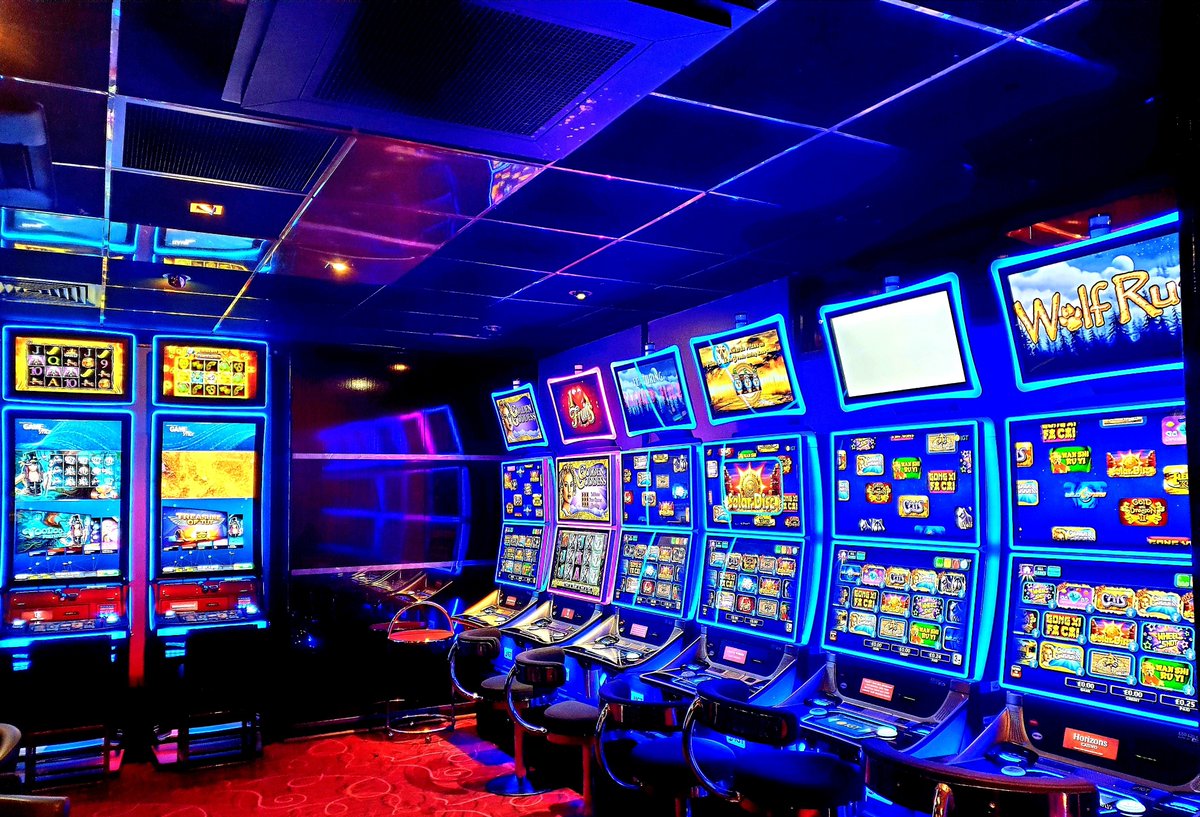
In the lively world of gambling, casino games have long captured the imagination of gamblers around the planet. These activities, including traditional card options like poker to the spinning reels of slots, offer an intriguing mix of luck and skill. While fortune undeniably plays a important role in influencing outcomes, the role of knowledge in many gambling options cannot be neglected. Comprehending how expertise influences gameplay can elevate not only a gambler’s experience but also their likelihood of success.
As we dig into the inner workings of gambling games, it becomes evident that some require a strong base of wisdom and strategy. Games like poker require more than mere fortune; they demand critical thinking, psychological insight, and tactical decision-making. In opposition, other activities, such as the roulette wheel and slot machines, are primarily driven by chance, allowing gamblers to rely entirely on random chance. This difference raises thought-provoking questions about what really drives success in the domain of gambling and how a participant’s competences can sway the outcome in their benefit.
Grasping Expertise vs. Luck in Gambling Activities
Within the sphere of casino games, the debate between skill and luck is a long-standing one. Many games are frequently categorized into two categories: those that rely predominantly on chance, such as slots and the wheel, and those where skill plays a crucial role, like poker and 21. The difference is crucial because it affects not only gameplay strategies but also the approach players take when engaging with these games. Although luck can play a critical role in the immediate, skilled players can boost their odds of winning over the extended period in skill-based games.
Skill-based games, especially poker, necessitate players to comprehend probability, human behavior, and game theory. A seasoned poker player can analyze opponents, make calculated bets, and know when to fold, all of which can lead to more successful outcomes. Conversely, in games that are purely based on chance, no amount of skill can alter the odds. This implies that while a player may win big in one session, their success may often be subject to the vagaries of random outcomes rather than any tactical expertise.
In the end, both skill and luck coexist in the world of casino games, creating a dynamic environment for players. While games of chance can provide excitement and instant gratification, mastery and strategy in skill-based games offer a richer level of engagement for those willing to invest time in honing their craft. This interplay between skill and luck defines the journeys of players and influences their connection with the games they select to play.
The Impact of Ability on Game Outcomes
In the realm of gambling games, skill plays a key role in determining the results, especially in games where strategy and choices are paramount. For instance, in poker, competitors must assess opponents, calculate probabilities, and make calculated bets to maximize their odds of winning. Unlike games that depend purely on luck, such as slots or the roulette wheel, this game demands an understanding of both the game mechanics and the psychology of other participants, making skill a vital component of victory.
Additional strategy-based activities, like the game of blackjack, also highlight the importance of player skill. Understanding of basic strategy, card counting, and when to hit or stand can significantly influence the house edge. A proficient blackjack player can lower this edge and boost their odds of winning over time. This contrasts sharply with activities that do not allow for such strategic play, showcasing how the level of skill influences the possibility for favorable outcomes.
Moreover, even within games deemed primarily luck-based, like the game of craps, the decisions made by players can impact their overall success. Choosing the optimal bets, comprehending the likelihoods of different outcomes, and controlling one’s bankroll are essential aspects that can enhance a participant’s experience and results. Thus, while chance remains a component in gambling, ability can significantly influence how effectively participants navigate these settings, leading to more positive results.
Strategies for Expert Play in Gaming Establishments
To succeed in casino games, players must develop a strong grasp of the rules and probabilities involved in various games. This essential knowledge enables individuals to make educated choices, especially in skill-based games like Texas Hold’em and blackjack. Becoming acquainted oneself with game strategies, such as keeping track of cards in blackjack or recognizing betting patterns in poker, can significantly enhance a player’s odds of winning. Rehearsing these tactics through mock games or low-risk games allows players to improve their skills without putting substantial amounts of cash at stake.
A further key strategy is bankroll management. Players should create a spending limit before entering the casino and adhere to it faithfully. This involves determining how much they are willing to lose and imposing restrictions on how much they will wager in every gaming session. By keeping a disciplined approach to gambling, players can prolong their play and reduce the chance of significant losses. Additionally, taking breaks can help preserve a clear head and prevent rash decisions that often lead to poor play. BJ88
In conclusion, managing emotions is crucial in the high-stakes environment of a gambling house. Players must be adept at controlling their emotions, particularly during periods of success or losing runs. Staying attentive and not letting emotions influence gameplay can lead to more rational decisions. Methods such as deep breathing or walking away from the table during intense moments can help maintain calmness. By cultivating a steady state of mind, players can approach casino games with assurance and expertise, ultimately improving their overall experience and outcomes.
